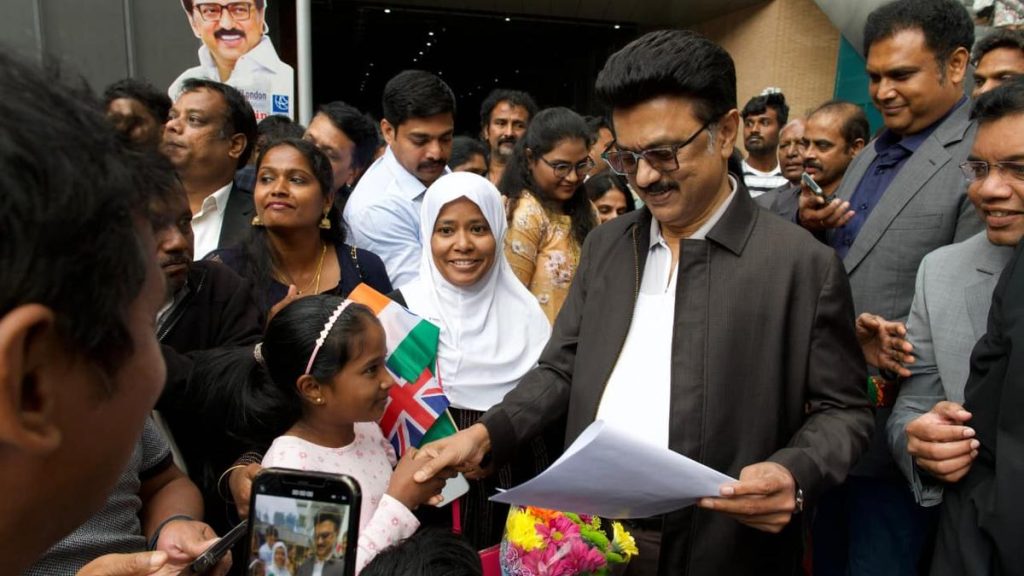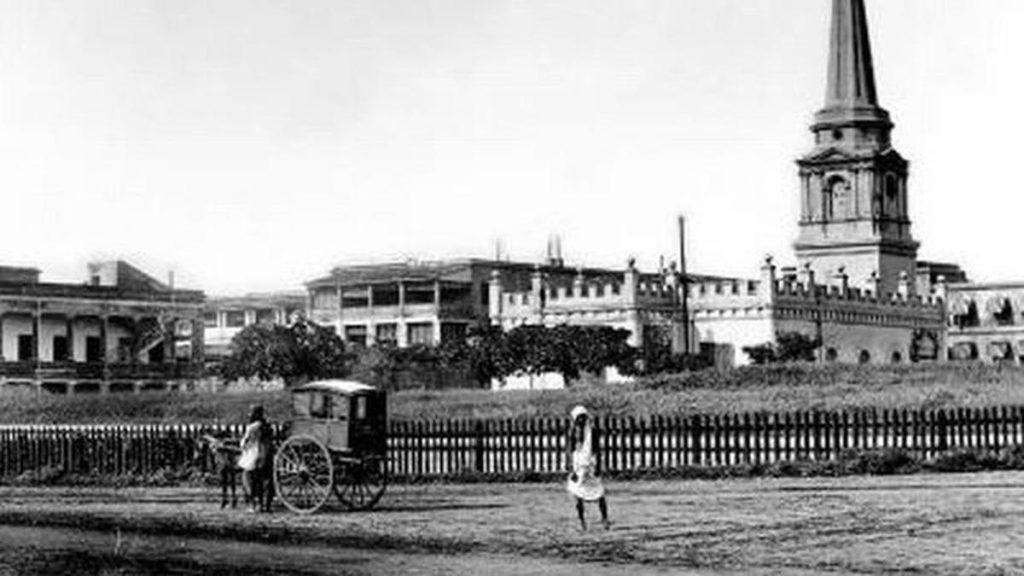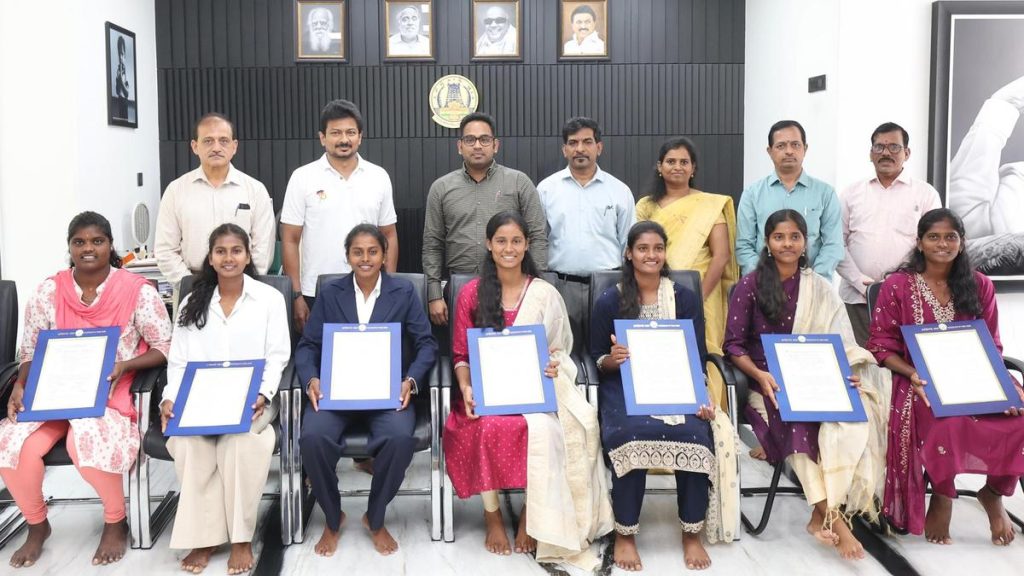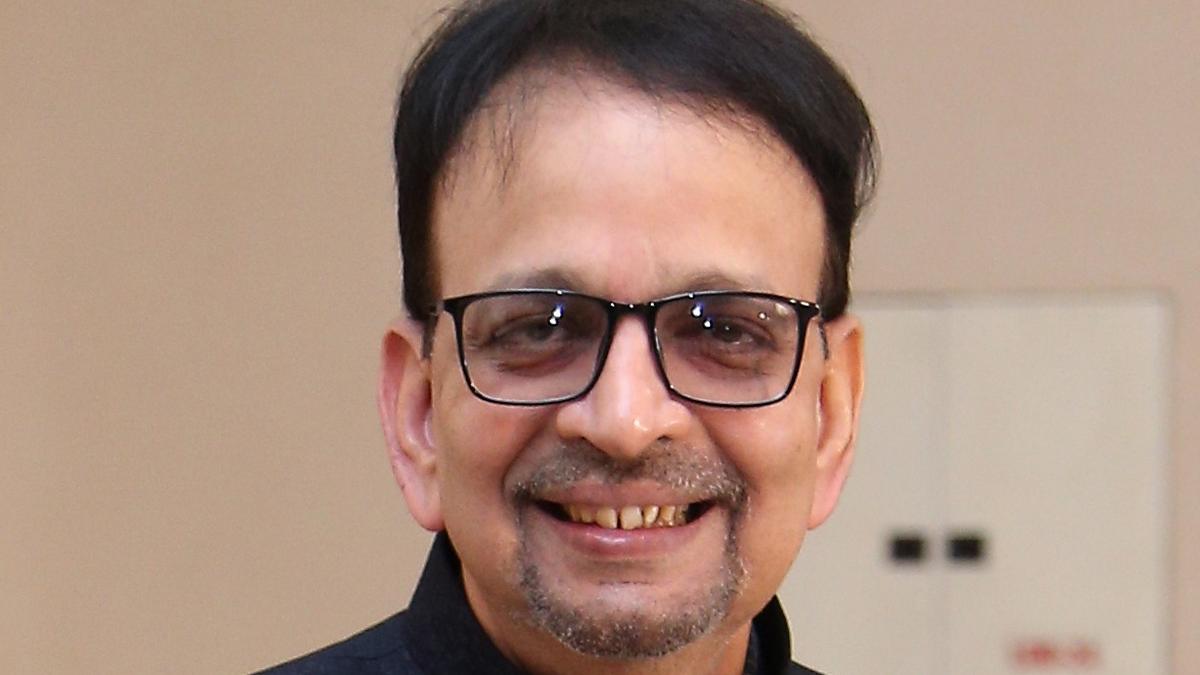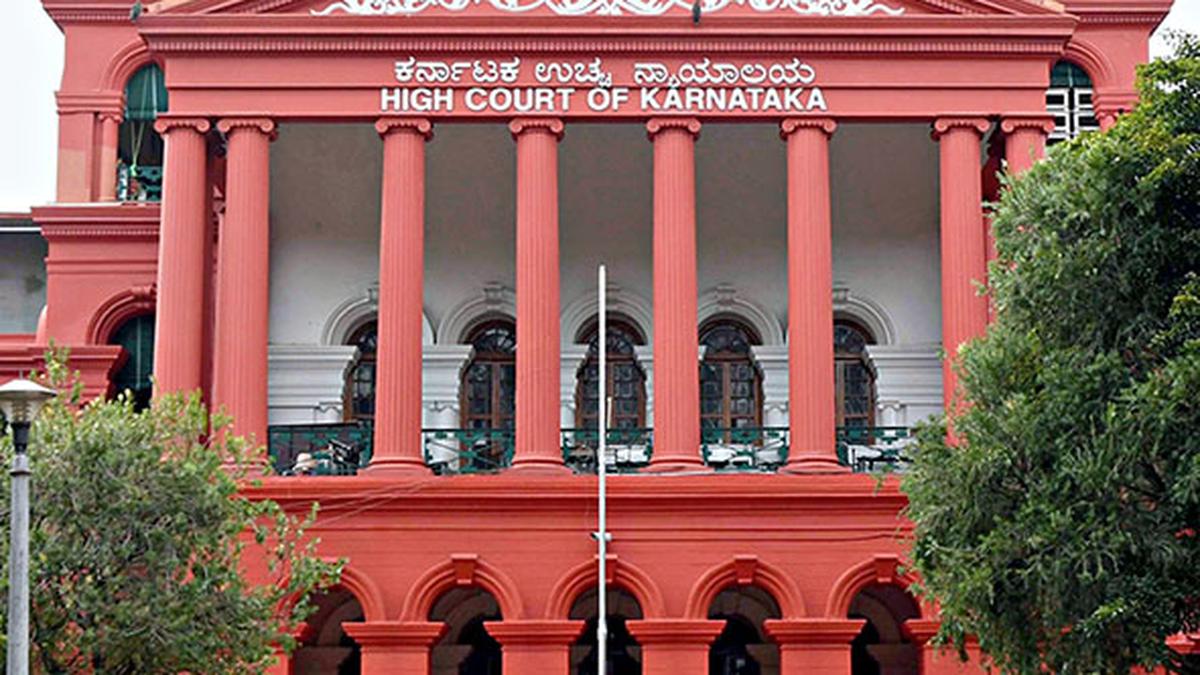Now Reading: BJP Urges BC Commission to Exclude Christian Sub-Castes from Survey
-
01
BJP Urges BC Commission to Exclude Christian Sub-Castes from Survey
BJP Urges BC Commission to Exclude Christian Sub-Castes from Survey
Speedy Summary
- Context: BJP leaders met Madhusudan R. Naik, Chairman of the Karnataka State Commission for Backward Classes, in Bengaluru.
- Key Issue: The BJP urged the commission to drop Christian sub-castes from the draft list of castes ahead of a socio-educational survey.
- Specific Queries Raised:
– The inclusion of over 100 Christian sub-castes such as Kumbara Christians and Brahmin Christians not previously listed in government official lists (SC/ST or OBC).
– clarification on how inter-caste marriages or individuals unwilling to declare caste will be categorized.
- Illegal Immigration Concern: The memorandum raised concerns about illegal Bangladeshi residents and suggested consultation with the central government regarding their inclusion in population surveys.
- Muslim Sub-Castes Enumeration: Questions where raised about discrepancies between previous reports identifying varied numbers of Muslim sub-castes (19 vs. 99) and clarity on their categorization for surveys.
- Survey Feasibility Concerns: Doubts were expressed regarding:
– Whether a fortnight-long survey is sufficient,especially considering holidays and untrained teachers.
– Past experiences with incomplete surveys during internal reservation exercises.
Indian opinion Analysis
The BJP’s challenges to Karnataka’s socio-educational survey process highlight critical questions surrounding caste classification, religious diversity, and demographic accuracy. The concerns about Christian sub-castes reflect broader debates over how communities transitioning faiths intersect with conventional caste structures. Similarly, discrepancies in previously reported Muslim sub-caste enumeration underline potential gaps in data standardization.
The feasibility concerns tied to training schedules for educators raise logistical questions that could impact both inclusivity and reliability. Furthermore, suggestions linking illegal immigration monitoring into population studies suggest an added layer of complexity that may require delicate handling at state and central levels.
As India continues grappling with mandates like these socio-demographic surveys aimed at policy reform efficiency-neutrality in implementation coupled with adherence to existing legal frameworks will remain paramount for ensuring equitable outcomes across groups.


